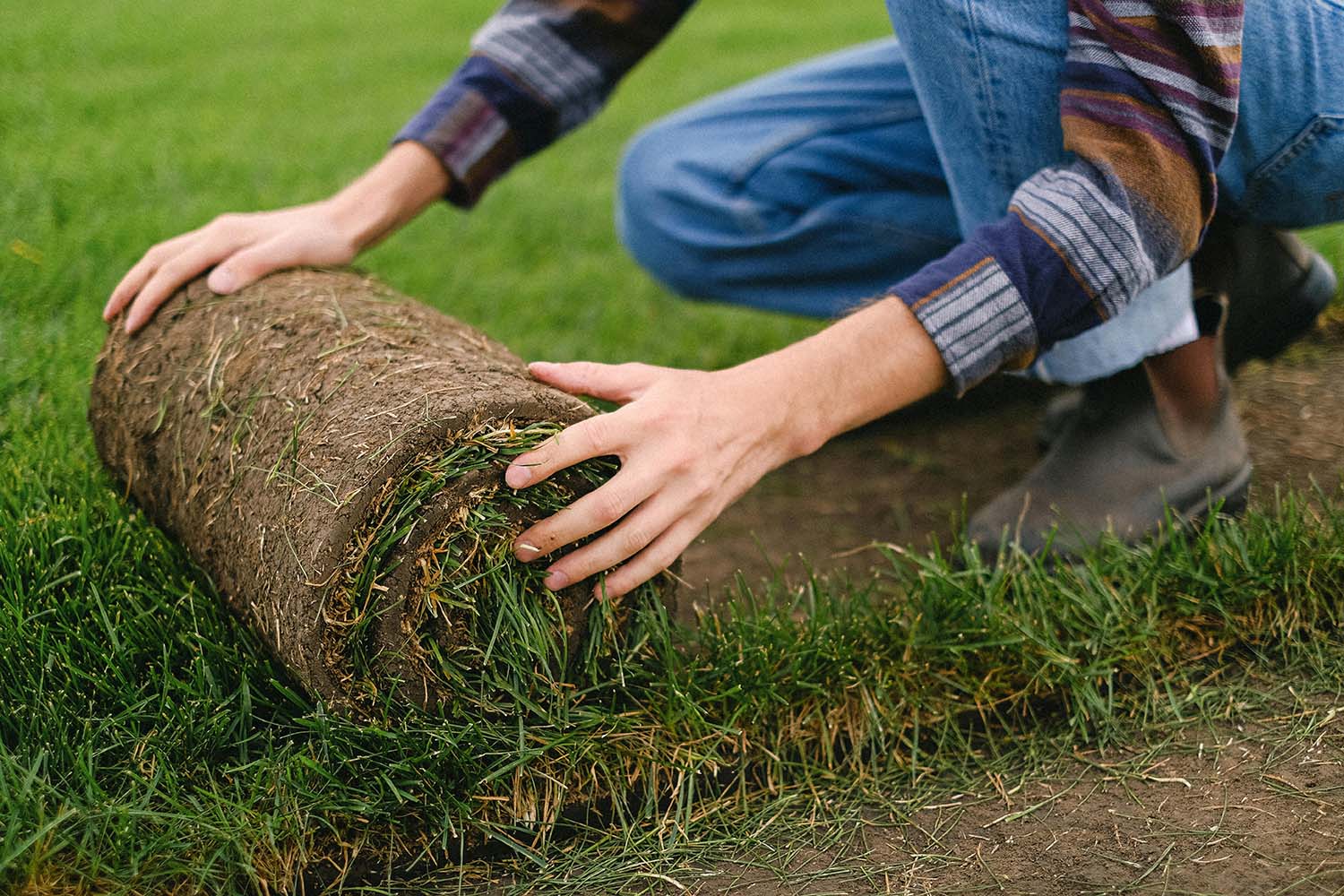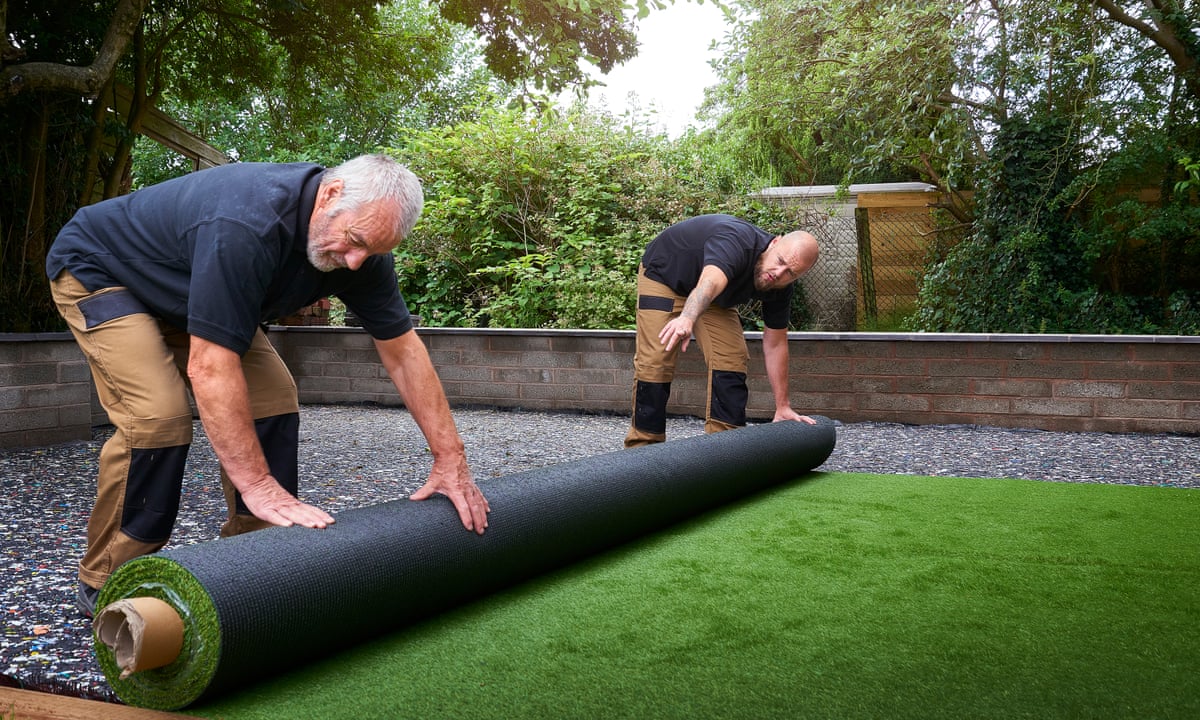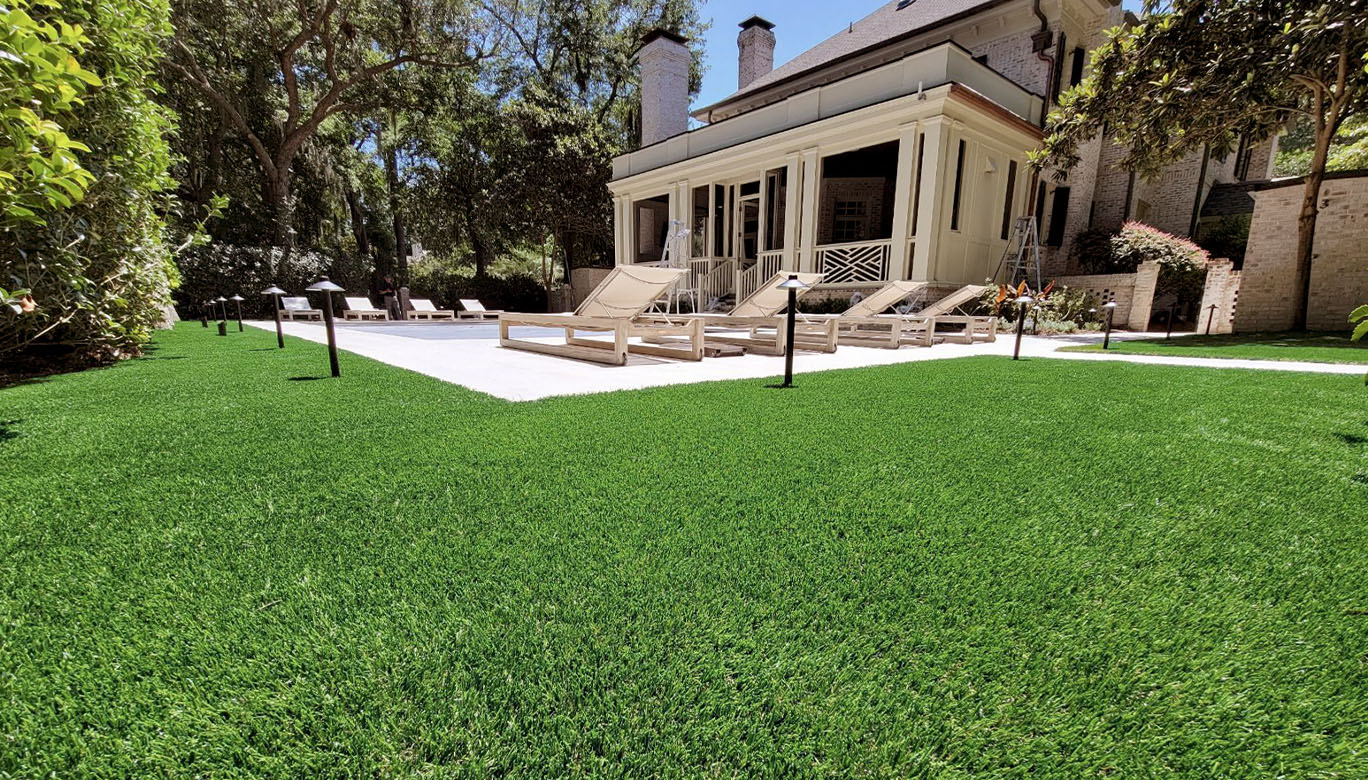Delve Into the Environmental Conveniences of Opting for Synthetic Grass Solutions
The adoption of artificial grass solutions provides an engaging possibility to attend to pushing ecological challenges. By significantly lowering water use and decreasing the application of damaging chemicals, these alternatives not only promote sustainable landscape design but also shield neighborhood environments.
Water Conservation Benefits
One of the most considerable advantages of synthetic lawn is its capacity to preserve water. In comparison, man-made turf does not require watering, significantly decreasing the total need for water resources.
By getting rid of the demand for normal watering, synthetic grass adds to sustainable landscape practices and helps minimize the ecological impact of excessive water usage. Moreover, the preservation of water includes the reduction of runoff, which can bring about soil erosion and waterway pollution.
Furthermore, the setup of synthetic grass enables house owners and municipalities to designate water resources much more efficiently, focusing on crucial uses such as drinking water and agriculture. The change towards synthetic grass not only advertises liable water usage yet additionally aligns with more comprehensive environmental goals intended at protecting natural resources.
As areas increasingly prioritize sustainability, the water conservation benefits of synthetic grass provide an engaging instance for its adoption in residential and commercial landscape design jobs.
Lowered Chemical Use
The shift to man-made grass dramatically lowers the dependence on chemical treatments typically utilized in natural lawn upkeep. Conventional turf monitoring commonly involves the application of plant foods, herbicides, and pesticides to advertise development and control pests. These chemicals can posture dangers to human health and wellness, local wildlife, and the setting, adding to soil and water contamination.
On the other hand, synthetic grass removes the need for these harmful substances. When set up, it requires minimal maintenance, mostly including routine cleaning and irregular infill replenishment. This decrease in chemical usage not only benefits the immediate setting however likewise contributes to more comprehensive ecological security. By minimizing the release of artificial substances into the environment, synthetic grass advertises healthier soil and water systems.
Furthermore, the absence of chemical drainage connected with synthetic grass setups helps secure regional waterways from contamination, supporting water life and preserving biodiversity. Phoenix turf companies. As communities progressively focus on lasting methods, choosing synthetic lawn offers a practical remedy that straightens with environmental preservation goals. Via this change, home owners can appreciate rich eco-friendly areas without compromising eco-friendly health and wellness, paving the means for a much more sustainable future
Lower Carbon Impact

In addition, the setup of fabricated grass can result in considerable water preservation. All-natural yards require substantial quantities of water for irrigation, which not just contributes to the carbon footprint connected with water extraction and treatment yet additionally stress local water resources. On the other hand, synthetic grass requires marginal maintenance, requiring no watering, thus significantly reducing water use and its linked power expenses.
In addition, the long life look here of synthetic grass adds to its reduced carbon effect. With a life-span of approximately 15 years or more, the requirement for frequent replacements is reduced, causing much less waste and reduced energy consumption in manufacturing and throwing away standard yard choices. Overall, synthetic grass presents a lasting alternative for environmentally conscious landscaping.
Habitat Preservation
Habitat conservation is an important consideration in the argument over landscape design choices, specifically when comparing synthetic grass to all-natural turf. Natural turf yards typically need substantial maintenance, consisting of the usage of plant foods, herbicides, and pesticides, which can detrimentally impact neighborhood environments. These chemicals can seep into the soil and waterways, hurting native plants and fauna and interfering with neighborhood habitats.
Artificial turf gets rid of the requirement for dangerous chemicals, thereby shielding close-by wild animals and preserving the stability of bordering communities. The installment of man-made lawn can lead to the conversion of former yard locations right into even more biodiverse landscapes, such as pollinator gardens or native plant areas, which can sustain neighborhood wildlife.
Inevitably, the change to man-made turf not only conserves water and decreases maintenance initiatives however likewise cultivates an extra harmonious relationship between human activities and the natural surroundings, promoting environment conservation at the same time.
Long-Term Sustainability
Long-lasting sustainability is a crucial consider examining the advantages of fabricated turf over conventional yard yards. One of the most considerable benefits of synthetic grass is its resilience; it can last as much as 15-20 years with minimal upkeep, whereas natural yard needs frequent reseeding and replacement. This durability lowers the need for constant sources, such as water, plant foods, and chemicals, which are important for preserving a healthy turf yard.
In addition, fabricated grass contributes to a reduction in carbon discharges connected with lawn treatment devices. Traditional yards usually need gas-powered lawn mowers, trimmers, and blowers, all of which add to air pollution. Turf installation phoenix az. On the other hand, fabricated turf gets rid of the requirement for such devices, promoting a cleaner environment
Additionally, go to my blog the manufacturing of man-made grass significantly utilizes recycled products, improving its sustainability account. As producers adopt green methods, the environmental impact of artificial lawn remains to reduce.

Final Thought
The fostering of fabricated grass services presents substantial environmental advantages, consisting of considerable water conservation, lowered reliance on harmful chemicals, and a lower carbon footprint. Additionally, synthetic grass aids in preserving all-natural Continued environments by lessening land disruption and advertising long-lasting sustainability with using durable materials. Collectively, these factors emphasize the potential of synthetic grass to contribute positively to environmental health and wellness and offer a sensible option to standard landscape design techniques in an increasingly resource-conscious world.
In comparison, man-made grass does not need watering, considerably reducing the total need for water sources. By decreasing the launch of synthetic compounds right into the ecological community, man-made turf promotes healthier soil and water systems.
In addition, the setup of synthetic turf can result in significant water conservation. In contrast, artificial grass requires very little upkeep, calling for no watering, thus dramatically lowering water usage and its associated energy costs.
